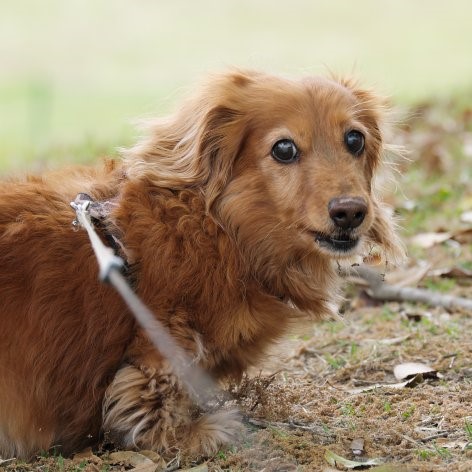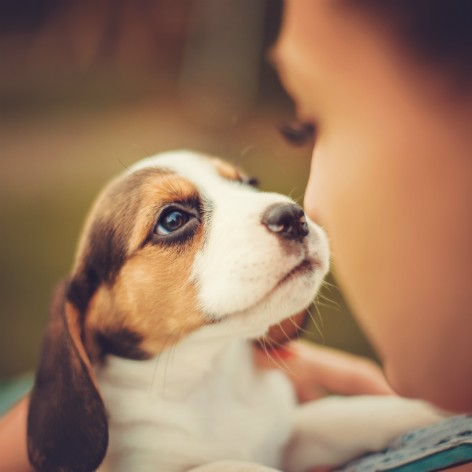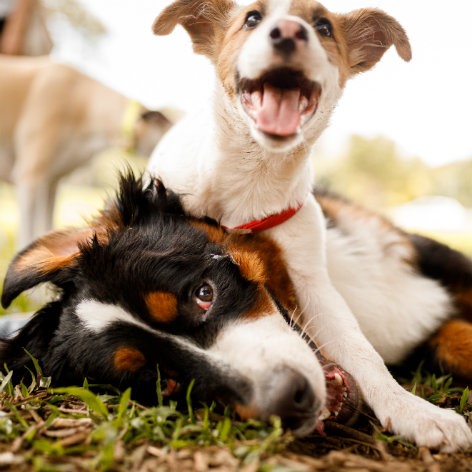Getting a puppy is such an exciting time!
But there are some important things to consider before choosing and bringing home your new puppy to ensure it goes smoothly. The first 8 to 12 weeks of a puppy’s life are critical for their development, behaviour and personality. Ensuring your puppy has had a great start to life before you bring them home will make life much easier for you and your new pup.
Stages of Puppy Development
0 to 2 Weeks
In the first two weeks of life, puppies are completely dependent on their mother for all their needs. They are mostly immobile.
2 to 4 Weeks
During this time, puppies are developing their senses of sight, smell and hearing. They become more aware of their littermates and mother and start to bark, walk and wag their tails. Baby teeth also begin to grow during this stage.
3 to 12 Weeks
The socialisation period is the most important period in a puppy’s life. During this stage, puppies are primed to learn all about the world around them and to bond to other people and animals. The experiences they have during this time teach them who and what is safe and how to communicate with people and other animals. Puppies should be exposed to the people, places and things they’ll encounter in everyday life, in a positive way.
Puppies that are not well socialised or who have negative experiences are more likely to develop fear of people, other animals and unfamiliar places or things.
When choosing your breeder it’s important to ask them where they raise their puppies (in the home is ideal) and what kind of socialisation they expose them to (e.g. kids, other pets, new people etc), to ensure your new puppy will adjust well to your home. Puppy breeders should focus on preparing puppies for life as companions and ensuring they are well socialised to things they’ll experience in their new homes.
Puppies need to be used to handling, walking on different surfaces, being brushed, meeting new people etc.
This ensures they will cope better with new experiences in their new homes. Make sure you ask your breeder these questions to ensure your new puppy has been socialised appropriately.
Ideally, puppies should stay with their mother for at least the first 8 weeks or until they are properly weaned. Most breeders will begin weaning puppies from a few weeks of age. The weaning process should therefore be complete once your puppy is old enough to come home.








